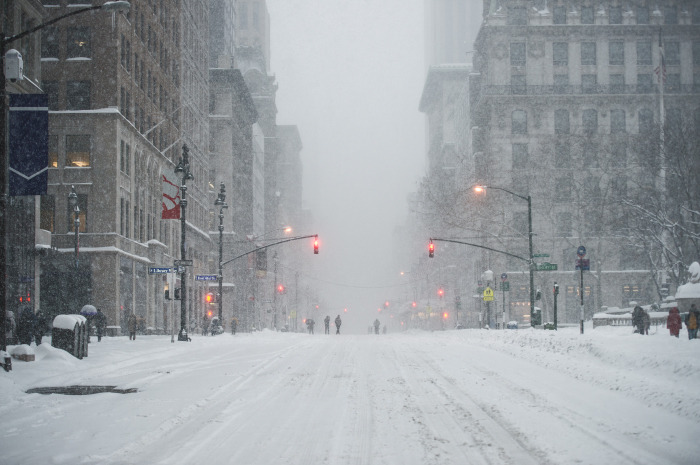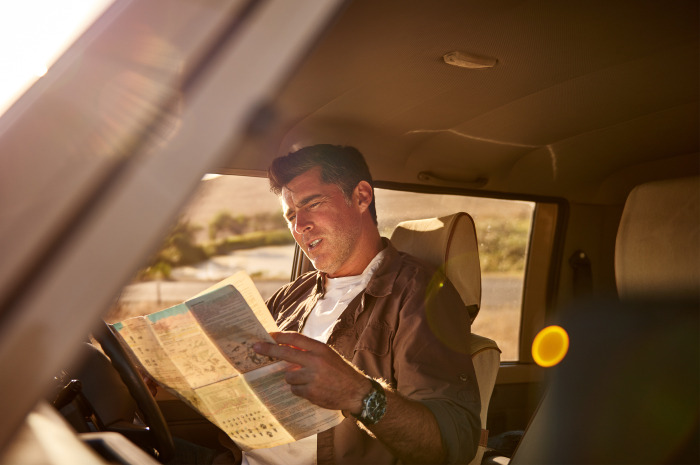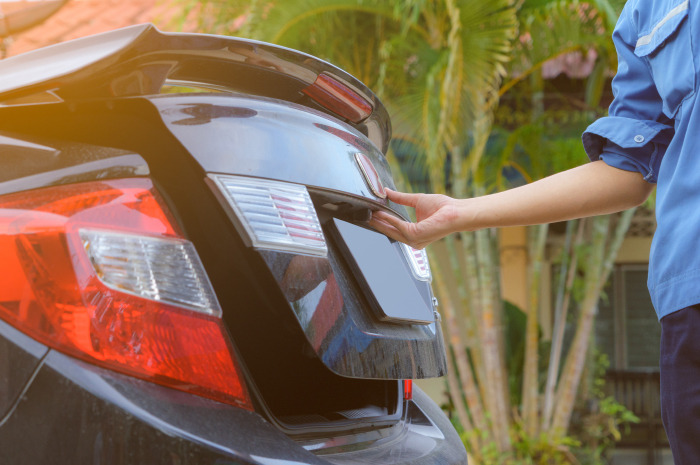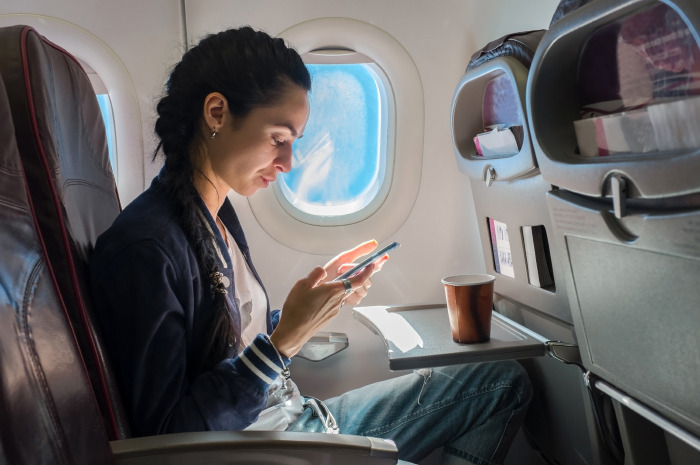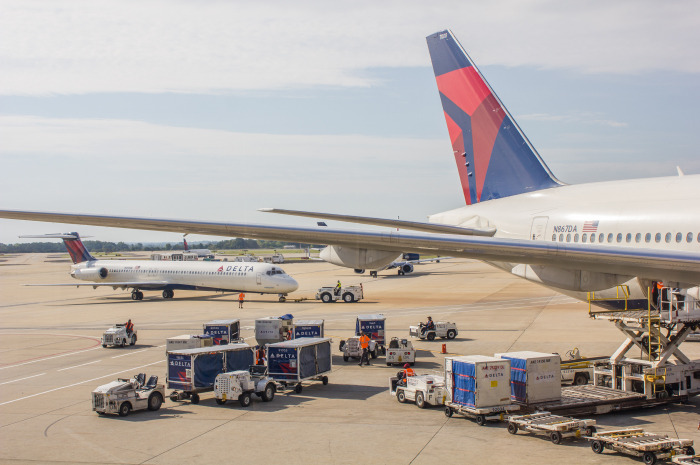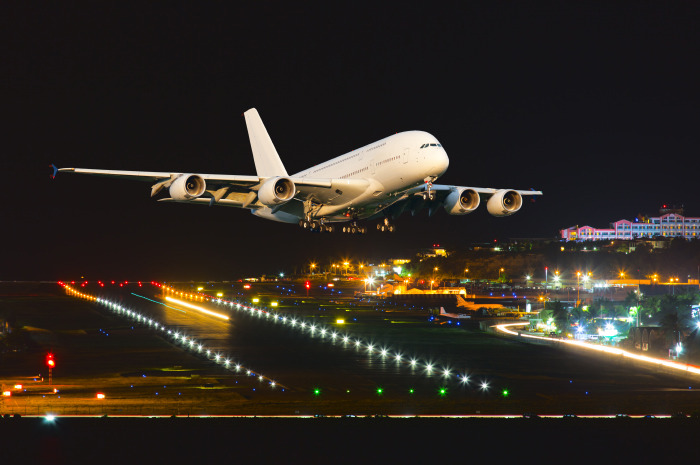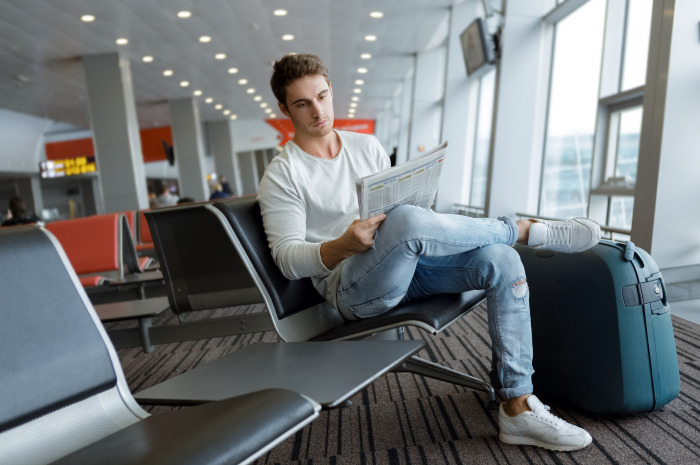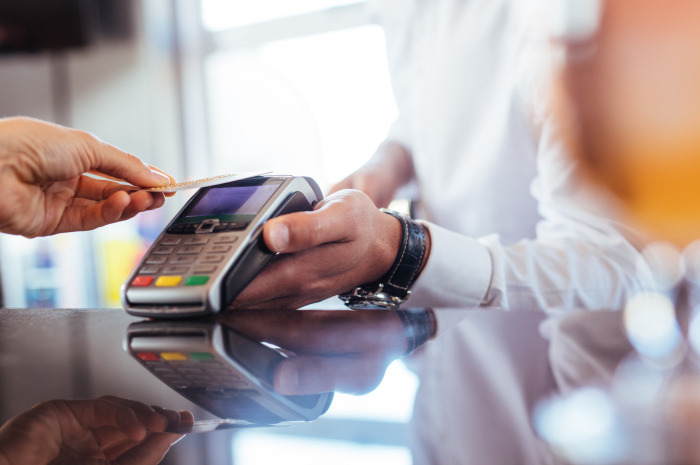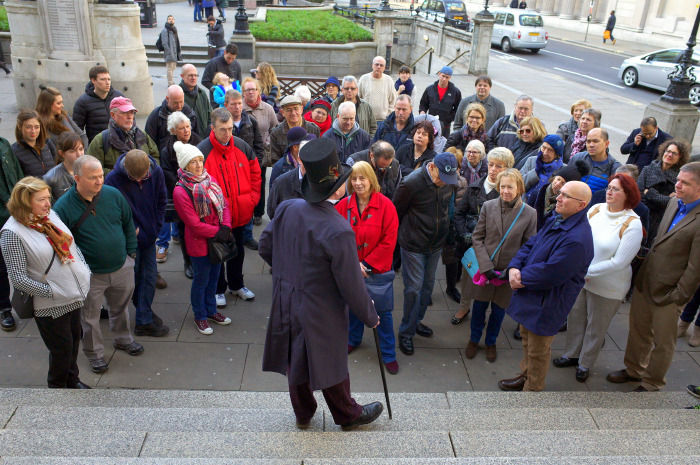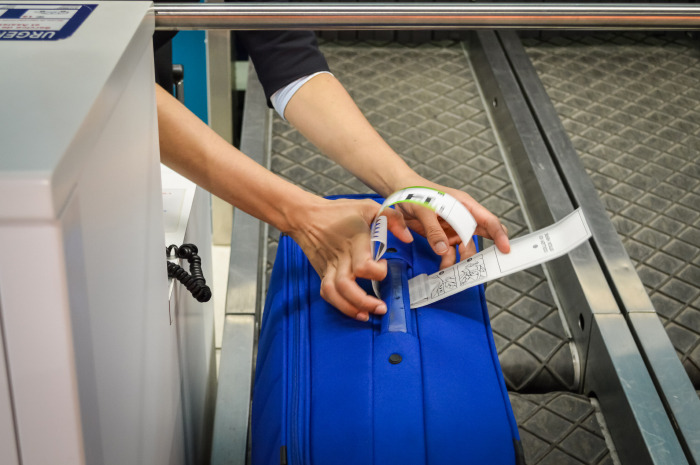Tips To Alleviate Winter Travel Woes
Traveling during the winter usually has something to do with the holidays – whether it's because you're going to a specific place to celebrate or you're flying or driving at off-peak times to avoid crowds. This may be the season of mistletoe, songs, gifts and happy cheer, but it's also the season for delays, chaos, lost deliveries, huge security lines at airports and overbooked flights...unless you know how to avoid all that.
Sign up for real-time texts from the airline
Don't leave for the airport if you don't know the current status of your flight. Is it still on time or has it been canceled? Are you at the same gate or are you going to spend an hour looking for the new gate and, possibly, missing your flight? Sign up for texts or voice updates.
Pack light
There's no legitimate reason to overpack – you'll have to check your luggage, risking it being lost by the airline; you'll most likely have to pay extra fees for checked bags; and you'll have to spend more time at the airport dropping your bags off. Pack wisely and don't overdo it.
Avoid cities with winter weather, if possible
Airlines don't have to compensate you if your flight is delayed due to bad weather. You could be stuck at an airport for hours, waiting in line to talk to an agent to get you on another plane. Wouldn't it be nice to minimize the risk of missing a connection? If you can't get a direct flight, for connections fly to a city where wind and snow are not a regular occurrence during the winter months.
Stretch often
Move your body as much as you can while traveling to make the journey, whether by car or plane, easier on your body. Stretch and breathe; it makes a huge difference. Doing a few simple stretches will get your blood flowing, massage your muscles and internal organs, and relieve anxiety. Examples of dynamic stretches are walking lunges, jumping jacks, butt kicks, leg swings, and high knees. Moving while stretching increases the temperature of the muscles to ensure they are flexible and pliable.
Make copies of important documents
Don't make the common mistake of ignoring to make copies. Your passport, credit cards and hotel reservations are very important documents of which you should have a copy in case the originals get stolen. They can be used as proof that you actually made a reservation so you won't sleep on the street and/or that you are a citizen and can enter the country.
Get your car checked
No one likes unpleasant surprises on the road such as problems with the breaks, low pressure in the tires, or low oil levels. You can never over prepare for a winter road trip. Get your car checked and make sure it's in good condition for winter roads. It's always a good idea to let someone know your schedule and the locations you plan to visit in case they have to find you.
Always have a map in the car
This may be so 1985 but it can save your life. You can't access Google Maps to see where you have to go if your phone is dead or has no service. You don't want to take a chance because you may end up encountering a bear. You can also use the printed road maps as a heat source if you stuff them under your jacket or blanket.
Drink a lot of water
Traveling tends to dehydrate you. It's important to keep water on-hand. Staying hydrated will help you feel better when you land, keeping energy levels up. Dehydration dries your skin and causes muscle cramps, headaches, bad breath, fatigue and bad mood. Don't do any of these to yourself.
Update your car survival kit
Stock up the trunk with flashlights, batteries, blanket, snacks, water, gloves, boots, and a first-aid kit. A winter travel safety kit also includes a cell phone, an ice scraper and brush, a tow rope, a candle, matches, and a portable weather radio.
Fly way before Christmas or on Christmas Day
A good way to save money is by considering when you're going to your destination. Timing is a huge factor in pricing. Don't travel around Columbus Day and on other holidays – no coupon will make the prices low enough. If you travel on the day of the holiday you can find good deals. After all, no one wants to be on a plane on Christmas Day but the seats should be filled, right?
Fly into smaller airports
Save money and avoid huge crowds and waiting lines. Low-cost carriers usually fly into smaller airports, which can offer tremendous savings on your travel. No crowds means little chance of delays, major problems or lost luggage – because the staff won't be so busy. If you're going to Chicago, fly into Midway instead of O'Hare; pick Maryland instead of Washington International, and Oakland instead of San Francisco.
Travel early morning or late at night
This is true if you're driving and it's especially true if you're flying. There are a handful of benefits to flying at night—typically lower rates, fewer delays, less crowded airports and the potential to sleep through the flight—but what many people don't realize is that there are also fewer delays during the morning. After analyzing 6 million flights, experts recommend avoiding flights between 11 a.m. and 11 p.m. to dodge delays that get worse as the day goes on.
Check in a day before your flight online
Why would you want to wait in line to get your boarding pass? Do that in advance and online and spare your sanity. Head straight to the security check line and save about half an hour, or more depending on the line, to print out your boarding pass. Not all airlines give you the option to board the plane by scanning your ticket. Sign up for flight alerts to be notified if there are any changes to your flight.
Avoid connections
Having to get on several flights until you reach your destination only increases the chance of delays and cancelations. Minimize the connections at the very least.
Ship gifts to your destination
If you're buying gifts online have them shipped to your destination. Fly with as few items as possible to make things easier for you. Also, the risk of them getting lost is significantly decreases if they are not in your checked luggage.
Don’t use your credit card
Unless you fly corporate and all the time, points are not worth the extra money you have to spend on groceries and gas, Becky Hypolite, travel agent and owner of Crystal & Clear Travel, says. "The bill ends up being too big and how many people can really pay it all?" Using your credit card abroad may be a good idea. Some don't charge extra fees and they often provide the best exchange rates, she adds. "Just make sure you call your bank to tell them were you're traveling."
Don’t book tours in advance
"I personally never book in advance unless it's something very specific like a wine tasting with a 5-course meal," Hypolite says. If it's something general – like a ride on a double-decker bus – buy a ticket when you get there. "This is how you get the most bang for your buck," she adds. There are a lot of options, and booking ahead makes it hard to exchange or cancel without having to pay extra.
Pay for baggage in advance
More and more airlines are charging higher bag fees if you pay them at the airport, as opposed to paying them in advance on the airline's website, according to Cheap Air. It is always recommended to check your flight in advance and see if you can pre-pay your bag fees. Bonus: This will save you time at the airport as well.
Have phone numbers for everything
Don't count on your phone. It may not have service or its battery may die in the middle of nowhere and you may not be able to charge it. Important phone numbers such as those of travel insurance, airline customer service, car information (if you're driving), people who are expecting you, etc. are crucial to have nearby so you can call in case of an emergency or extreme delays.
Contact your airline on social media
Believe it or not, this is one of the fastest ways to get the company's attention. No one wants bad publicity. Social media, being so public and viral, has a lot of power. Use it to your advantage by reaching out to your carrier on Twitter or Facebook. They will likely get back to you within minutes, depending on how serious your problem is. Just don't be rude; it won't get you anywhere.



